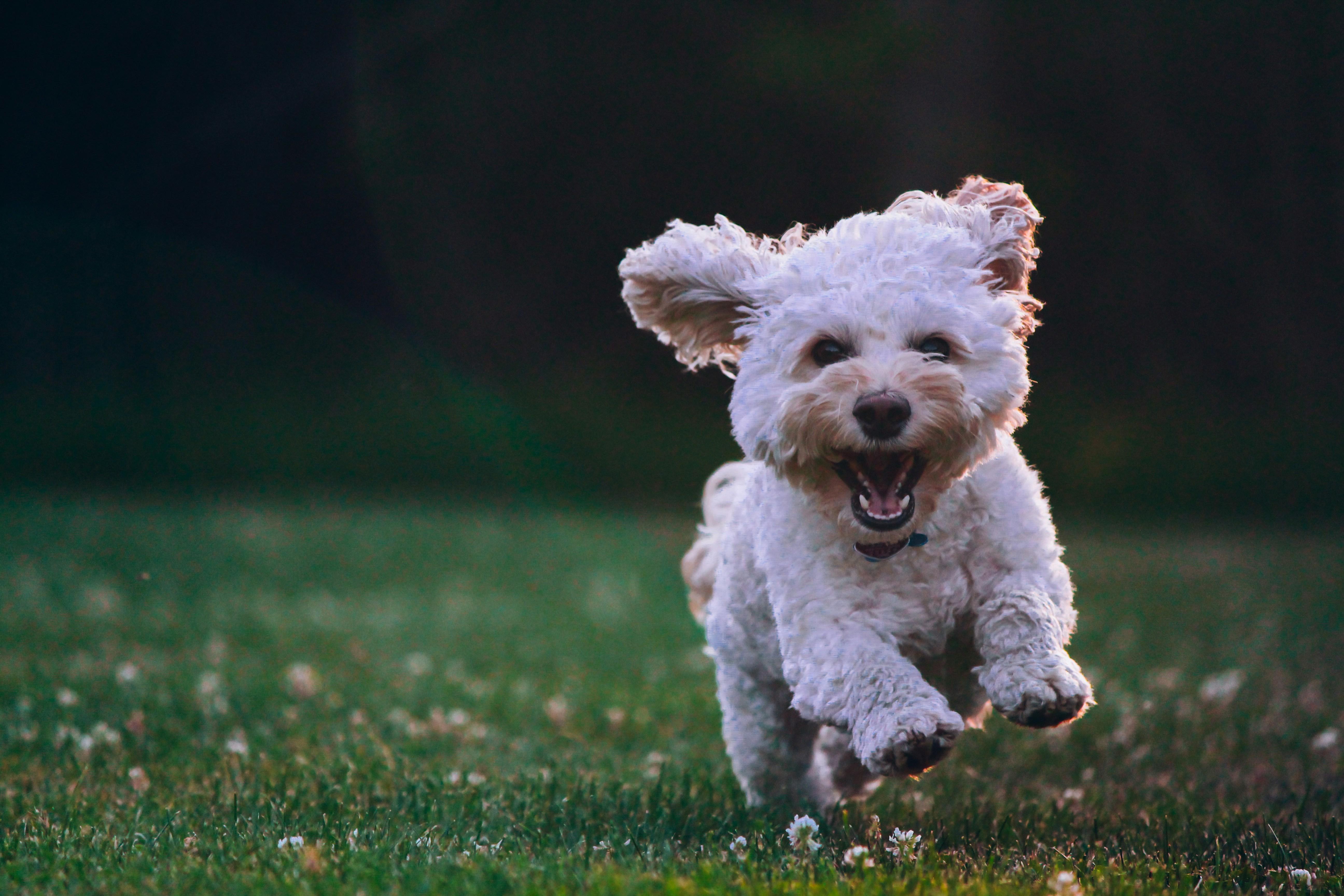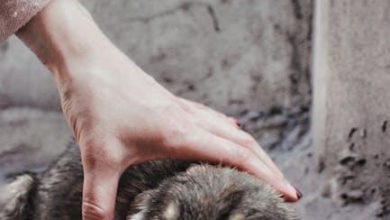Can Socializing Your Dog Too Soon Lead to Fear

In the bustling world of wagging tails and curious sniffs, socializing a puppy is often seen as a rite of passage, a joyful journey that transforms a timid ball of fur into a confident canine companion. But what if this well-intentioned adventure into the realm of playdates and park outings takes a premature turn? Could introducing your pup to the world too soon sow the seeds of fear instead of fostering fearlessness? In this exploration of canine socialization, we delve into the delicate balance between nurturing a sociable spirit and safeguarding a young dog’s developing psyche. Join us as we unravel the nuances of timing and temperament, seeking to understand whether early exposure could inadvertently lead to a life shadowed by anxiety.
Balancing Act Early Socialization and Fear in Puppies
In the delicate window of a puppy’s early life, socialization plays a pivotal role in shaping their future behavior and temperament. While introducing your furry friend to new experiences is crucial, striking the right balance is equally important. Puppies are naturally curious, yet they are also developing their understanding of the world. Introducing them to too many stimuli too quickly can potentially overwhelm them, leading to the opposite of the intended effect.
When socializing your puppy, consider these essential points:
- Variety: Expose them to different environments, sounds, and people, but ensure the experiences are positive and not overwhelming.
- Pace: Introduce new experiences gradually, allowing your puppy to acclimate and gain confidence at their own pace.
- Observation: Pay close attention to your puppy’s reactions. If they show signs of fear or distress, it might be time to slow down or reassess the approach.
- Safety: Ensure all socialization experiences are safe, avoiding any situations that could potentially harm or scare your puppy.
By thoughtfully balancing exposure and comfort, you can help your puppy develop into a well-adjusted, confident dog.

Understanding the Sensitive Periods in Puppy Development
During the initial weeks of a puppy’s life, their world is a whirlwind of new sights, sounds, and smells. These early days are often referred to as sensitive periods—critical windows where experiences can shape a dog’s behavior for life. Navigating these stages with care is essential, especially when it comes to socialization. Introducing your puppy to the world outside too soon might seem beneficial, but it can sometimes lead to unintended consequences like heightened fearfulness.
Key considerations for timing your puppy’s socialization include:
- Immune System Development: Puppies are still building their immune defenses, so early exposure to unknown environments might pose health risks.
- Behavioral Sensitivity: Overwhelming stimuli can lead to anxiety. Gradually introduce new experiences to help build confidence.
- Controlled Interactions: Ensure initial social encounters are with well-behaved, vaccinated dogs to minimize stress and potential harm.
Understanding these sensitive periods allows you to craft a nurturing environment, fostering a well-adjusted and resilient companion.

Signs Your Dog Might Be Overwhelmed by Socialization
- Excessive Panting or Drooling: While some panting is normal, especially after play, excessive panting or drooling can indicate stress. Your dog might need a break from the social scene.
- Frequent Yawning or Lip Licking: These subtle signs often go unnoticed, but they can be indicators of unease or anxiety. Watch for these cues during social interactions.
- Tail Tucking or Ears Pinned Back: When your dog’s tail is tucked or ears are pinned back, it could be a sign they are feeling overwhelmed or scared.
- Avoidance Behavior: If your dog is trying to hide, pulling away, or showing a disinterest in engaging with others, it may be a sign that they need some space.
- Increased Aggression: Sometimes, an overwhelmed dog may react with aggression as a defense mechanism. This can include growling or snapping at other dogs or people.
Recognizing these signs early can help you adjust your approach to socialization, ensuring a positive and stress-free experience for your furry friend. A gradual introduction to new environments and companions is often the best way to build confidence and comfort in your dog. Always remember, quality trumps quantity when it comes to socialization.

Strategies for Positive and Gradual Socialization Experiences
- Start with Familiar Environments: Begin socialization in places your dog already knows and feels comfortable. This could be your backyard or a quiet neighborhood park. Gradually introduce new environments as your dog becomes more confident.
- Introduce One Stimulus at a Time: Overloading your dog with new sights, sounds, and smells can be overwhelming. Focus on one stimulus at a time, whether it’s meeting new people, hearing different sounds, or experiencing various textures underfoot.
- Use Positive Reinforcement: Reward your dog with treats, praise, or playtime whenever they handle a new situation well. Positive reinforcement helps build a positive association with new experiences.
- Observe and Adapt: Pay attention to your dog’s body language. If they show signs of stress or fear, take a step back and allow them to approach at their own pace. Adapt your strategy based on their comfort level.
- Schedule Playdates with Well-Socialized Dogs: Arrange interactions with dogs known for their calm demeanor. This can help your dog learn appropriate behaviors and build confidence through positive role models.
In Conclusion
In the intricate dance of raising a well-adjusted dog, timing is everything. The delicate balance between fostering confidence and nurturing caution is a journey every dog owner embarks upon with their furry companion. As we explore the nuances of socialization, it becomes clear that understanding each dog’s unique temperament and pacing their exposure to the world is key to preventing fear and fostering resilience. By tuning into their cues and embracing a gradual approach, we create a safe space where curiosity can flourish without overwhelming anxiety. So, as you navigate the path of socialization, remember that patience and empathy are your greatest allies. Together, you and your canine companion can build a foundation of trust that withstands the tests of time, ensuring a lifetime of joyful adventures and unshakeable bonds.



